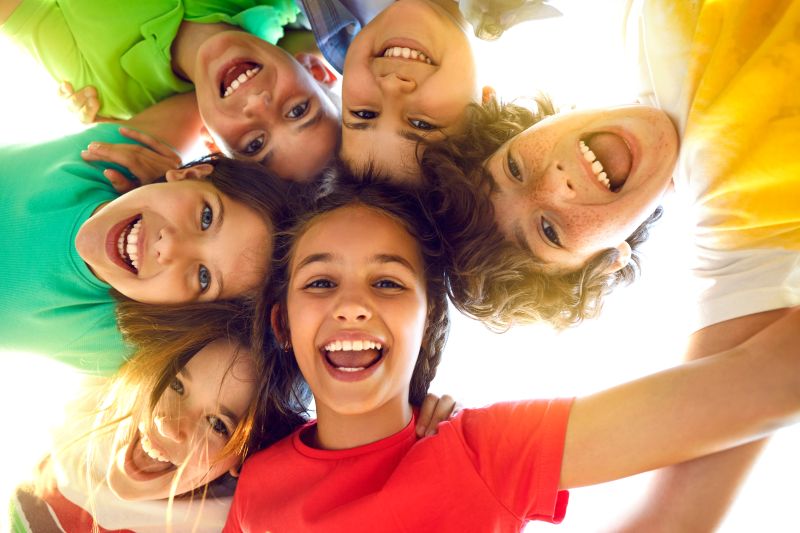
Models of wellbeing that draw on mātauranga Māori could provide a new lens to uplift wellbeing for the whole school community. Image by Studio Romantic on Unsplash.
The paper outlines a suggested process for schools and other groups to use when applying health and wellbeing models that draw on mātauranga Māori to their specific contexts.
Read the latest print edition of School News HERE
“What’s really important about these models is that they offer different ways to look at and understand our world. That’s why I find them exciting,” says coauthor Nicola Bright.
The aim of the paper is to encourage critical thinking about applying health and wellbeing models and to promote authentic partnership practices between Māori and tangata Tiriti.
Coauthors Nicola Bright and Sally Boyd wrote the paper following another study, Manaakitia ngā tamariki kia ora ai | Supporting children’s wellbeing, which explored the practices used by six primary and intermediate schools selected for their high levels of student wellbeing. As background to this study, Bright and Boyd considered how models of wellbeing that draw on mātauranga Māori could be applied to student data. They wanted to explore what wellbeing looked like for ākonga Māori.
Hei whakaarotanga is organised in sections, the first of which outlines Māori and Western perspectives of health and wellbeing and conceptualises how they may be brought together and interwoven.
Next, the paper outlines various models of wellbeing which draw on mātauranga Māori.
Finally, the authors unpack how these models can be used as a basis for understanding wellbeing within organisations, including schools. There is a list of reflective questions which may be useful for organisations looking to select a model which aligns with their values, ways of working or purpose.
“In writing this paper together, we used a process similar to the one that we suggest in the paper for people to use… that is to think critically about everything, what we bring into a space and what we need to do to understand and apply the models, and work out a partnership that respects the integrity of the mātauranga Māori that we’re learning from,” says Bright.
Boyd notes that although many schools use Mason Durie’s Te Whare Tapa Whā to great effect, the process of how individual schools apply the model to their context varies. Boyd says the report aims to support organisations in this space, but particularly schools, as wellbeing is a recognised foundation of learning.
“One of the things that we’re hoping is that the paper will help schools think about whether they need to consolidate approaches or review what they’ve got and enhance it.”
Using these models, Bright and Boyd believe that all schools can improve wellbeing for all ākonga, especially Māori and Pacific ākonga, who tend to be underserved by the education system.
“It’s important to me because the models and theory that underpin whatever you do can determine whose worldviews are prioritised, what questions are asked, and for whose benefit,” says Bright.
“The models give schools this opportunity to change their lens and disrupt the norms that might close off possibilities that could really benefit Māori and others.”
The much-delayed English draft curriculum is now out for consultation, generating discussion from teachers.
Research from AUT demonstrates arts, culture and recreation have positive impacts on all aspects of…
How effective has the school phone ban been in achieving its aims? Researchers from the…
School camps and excursions deliver hands on learning experiences, helping to consolidate classroom learning.
Innovations in AV technologies present new opportunities to engage with students. We look at how…
A new report from the University of Auckland’s Our Voices Project asks young people what…
This website uses cookies.